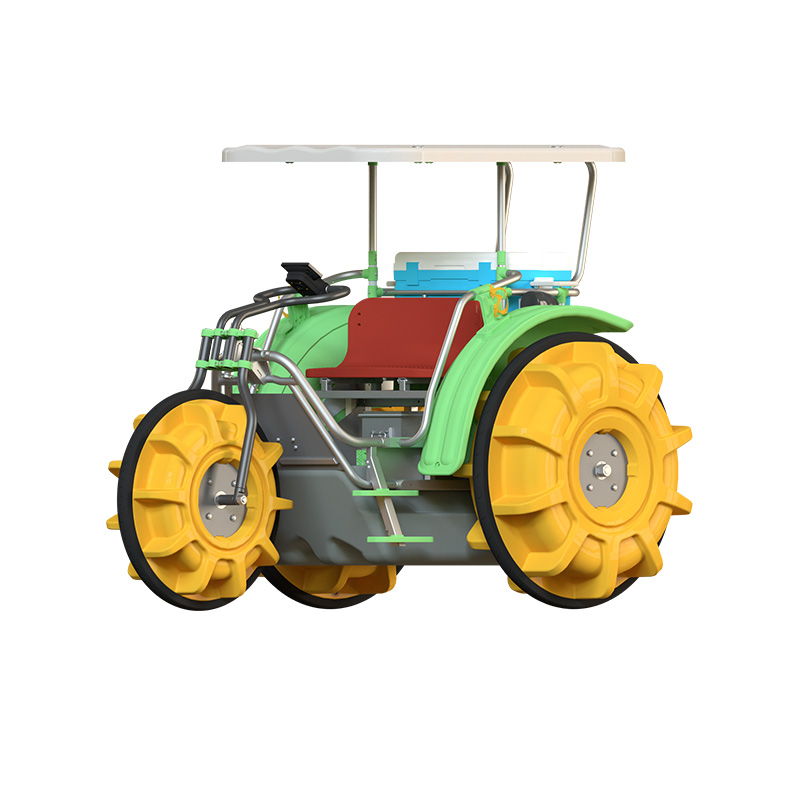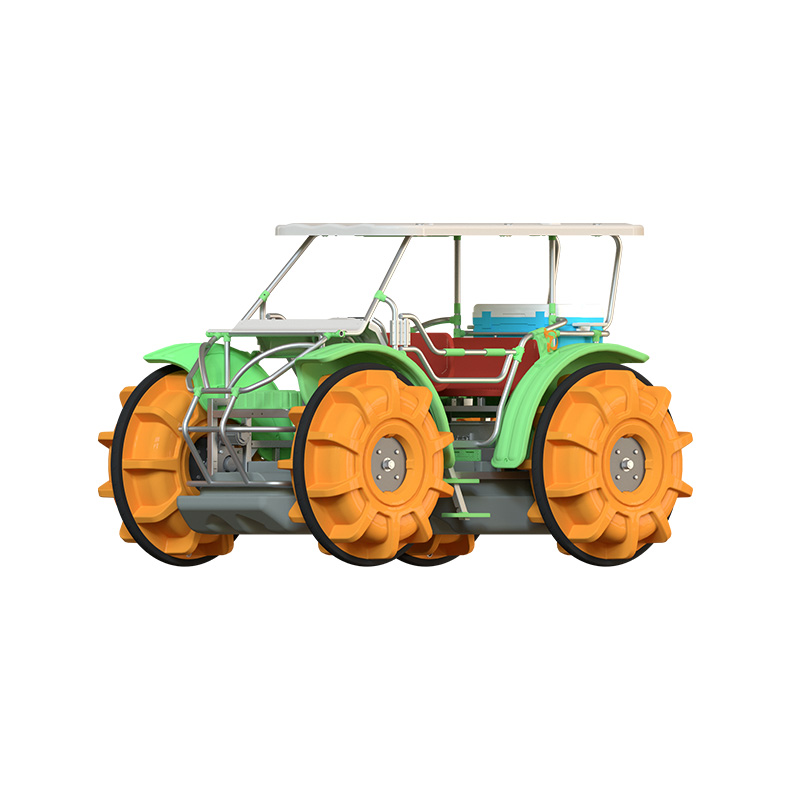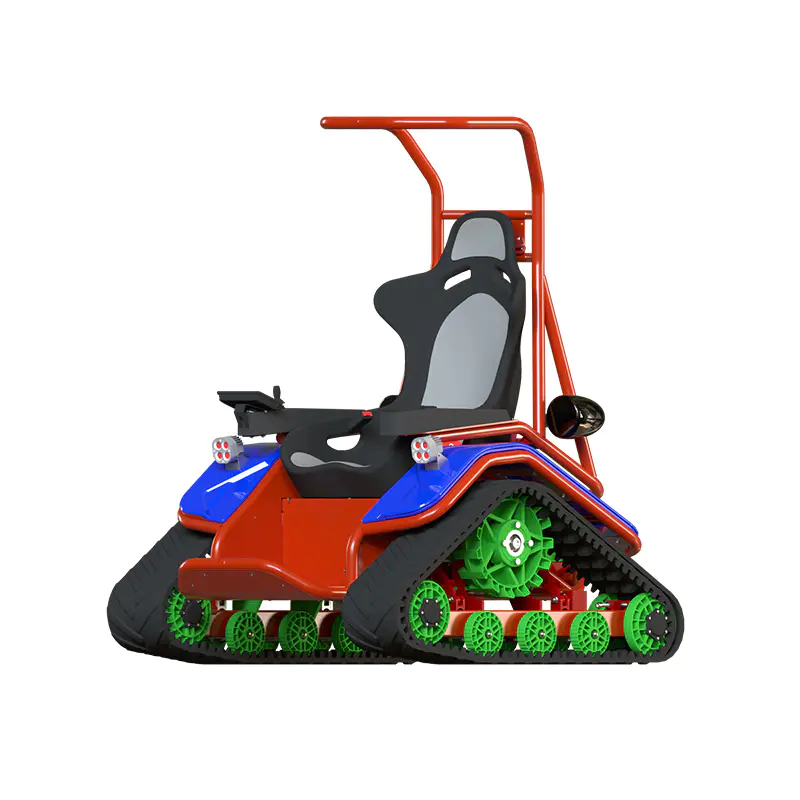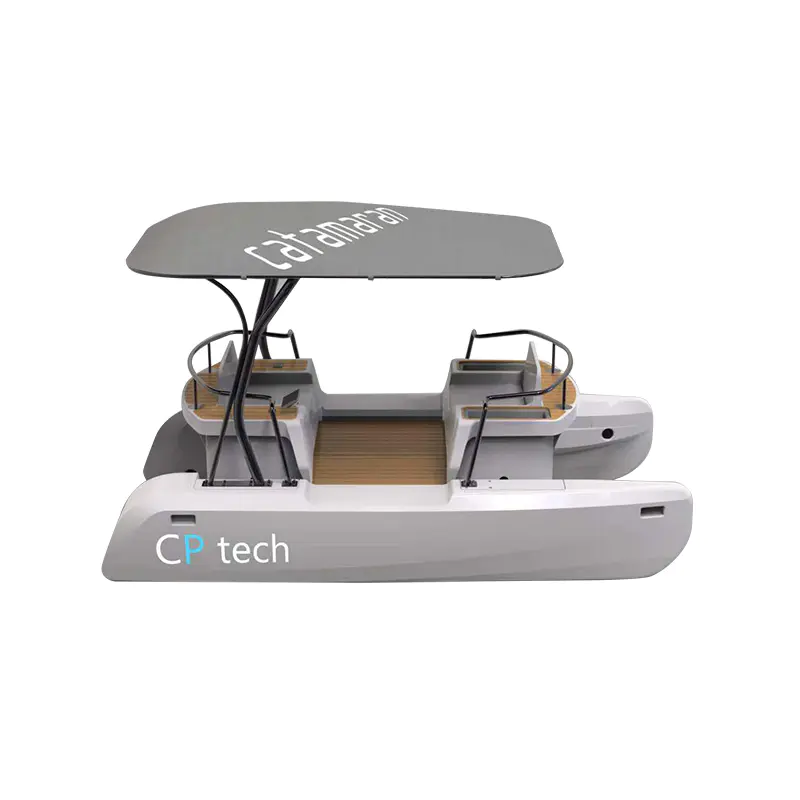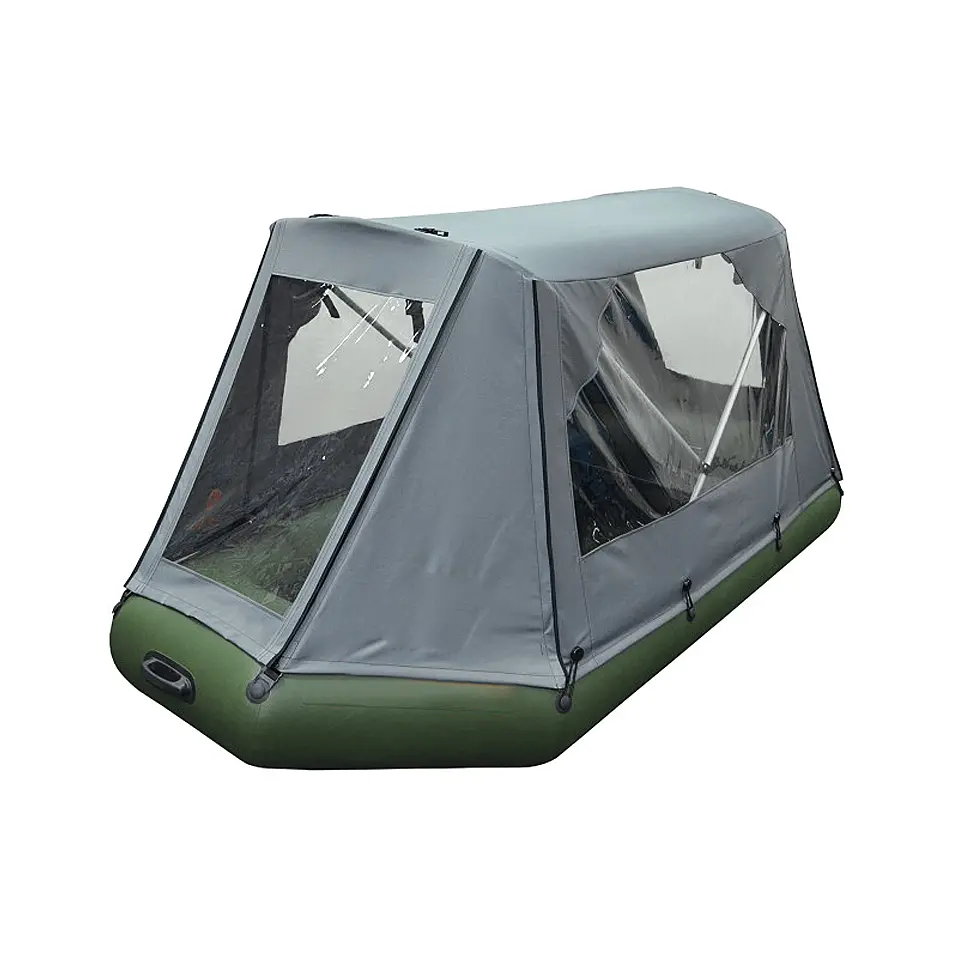What Materials Are Used in Modern Leisure Boats?
2025-09-05

When people think about a leisure boat, design and comfort often come to mind. However, the materials behind these vessels play an equally important role in how they perform, how long they last, and how easy they are to maintain. A Leisure Boat Manufacturer must carefully balance weight, durability, and cost while meeting customer expectations. Over the past decades, the industry has shifted from traditional wood construction to advanced composites and metals, each material offering its own advantages.
Fiberglass: The Industry Standard
Fiberglass is one of the most widely used materials in modern leisure boats. It is made by layering glass fibers with resin, creating a strong but relatively lightweight structure. This material resists corrosion, which is critical for boats that spend much of their time in saltwater environments.
From a manufacturing perspective, fiberglass allows flexibility in design. A Leisure Boat Manufacturer can mold it into complex shapes, which helps in producing streamlined hulls. Additionally, fiberglass requires less maintenance than wood, making it appealing to owners who want more time on the water and less time on repairs.
Aluminum: Lightweight and Practical
Another common choice is aluminum, especially for smaller or mid-sized boats. Aluminum is lightweight yet sturdy, which contributes to fuel efficiency and easier handling. It is also recyclable, which aligns with increasing environmental awareness in the marine sector.
A Leisure Boat Manufacturer might use aluminum when designing boats intended for fishing, sports, or day trips, as the metal can withstand impacts from rocks or docks without easily cracking. Its resistance to rust also adds to its appeal, although it may require protective coatings to prevent surface oxidation.
Steel: Strength for Larger Vessels
Steel is not as common in small leisure boats but is often used for larger yachts or expedition vessels. Its main advantage is strength. Steel hulls can handle rough waters and heavy loads, making them suitable for long-distance travel.
While steel is heavier than aluminum or fiberglass, it provides a sense of safety and stability in challenging conditions. For a Leisure Boat Manufacturer, steel construction requires more advanced techniques and higher costs, but it remains a valuable choice when durability outweighs concerns about weight.
Wood: Traditional and Timeless
Although modern boats rely heavily onmetals and composites, wood still holds a place in leisure boat design. High-quality woods such as teak and mahogany are used for decking, interiors, and decorative finishes. These materials provide warmth and elegance that synthetic materials often cannot match.
A Leisure Boat Manufacturer using wood must apply protective treatments to guard against rot, insects, and water damage. While wooden boats may require more care, they remain popular among enthusiasts who value craftsmanship and a classic appearance.
Composites and Advanced Materials
Beyond fiberglass, other composites are gaining attention. Carbon fiber, for example, offers incredible strength-to-weight ratios, though it comes at a higher price. Hybrid composites that mix fibers and resins are also being tested to improve energy efficiency and reduce fuel use.
In addition, new coatings and sealants extend the life of hulls and make cleaning easier. These innovations highlight how material science continues to shape the boating industry. For a Leisure Boat Manufacturer, staying updated with such materials can open opportunities for creating lighter, stronger, and more eco-friendly vessels.
Balancing Tradition and Innovation
Choosing the right material for a leisure boat depends on purpose, budget, and style. Fiberglass dominates because of its versatility, aluminum works well for lighter and more affordable boats, steel offers unmatched strength, and wood provides timeless beauty. Meanwhile, composites and high-tech materials push the boundaries of performance and sustainability.
As buyers look for durability, comfort, and efficiency, the role of the Leisure Boat Manufacturer is to combine the right materials in a way that meets these expectations. Every choice impacts the final experience on the water, from ease of handling to long-term upkeep.

 English
English  русский
русский  عربى
عربى 
